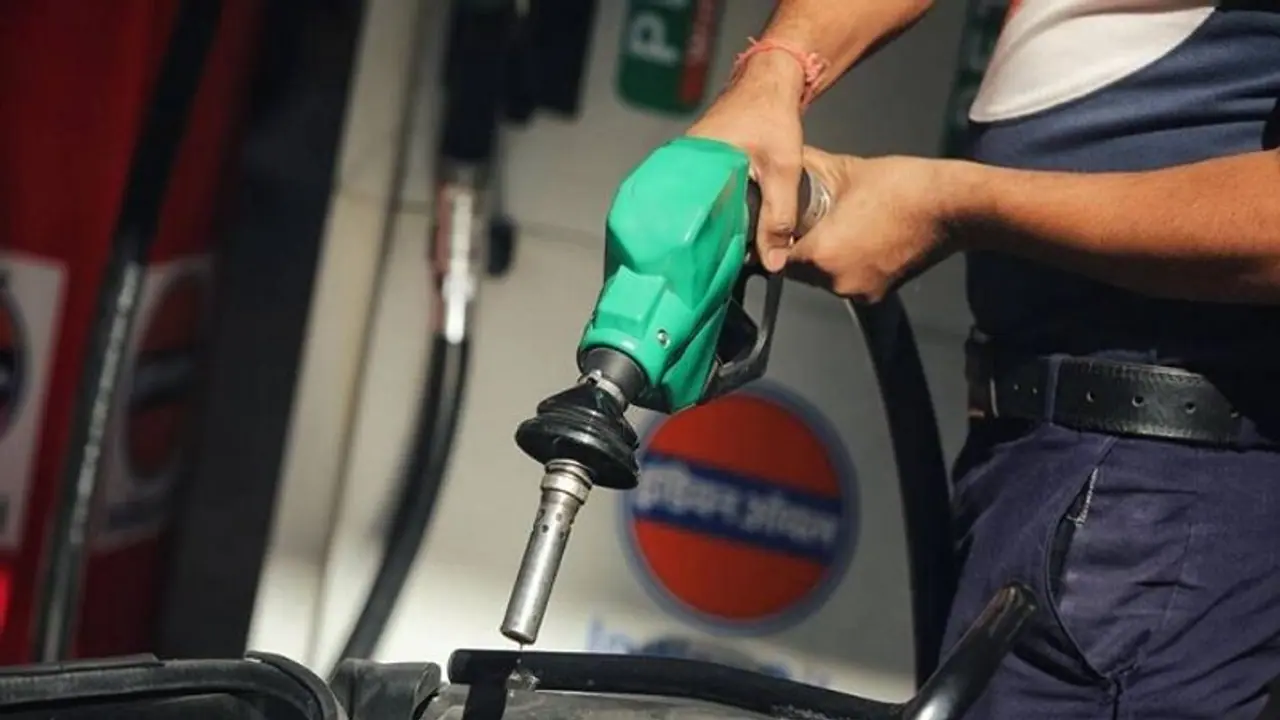The steep increase in fuel prices in India in the last few months has hit the consumers hard. Let us understand why are fuel prices on the way up in India?
Petrol prices have crossed the Rs 100 mark in some states after fuel rates were hiked once again on Sunday. Petrol prices are soaring in Maharashtra, Leh, Rajasthan, Madhya Pradesh, Andhra Pradesh and parts of Telangana.

The steep increase in fuel prices in the last few months has hit the consumers hard. This also has had a cascading effect on the price of other goods in the country. Let us understand why fuel prices are on the way up in India?
Lack of uniformity in fuel prices
From state to state, fuel prices vary due to the difference in local tax structures like VAT and freight charges. Rajasthan imposes the highest VAT on petrol, followed by Madhya Pradesh and Maharashtra.
The costliest petrol in this country is available in the Sri Ganganagar district of Rajasthan, where petrol comes for Rs 105.52 a litre and diesel for Rs 98.32 per litre. Following the hikes in prices, petrol prices have already crossed the Rs 100-mark in several cities in Rajasthan, Madhya Pradesh and Maharashtra. Bhopal was the first state capital to have petrol hit the three-figure mark, followed by Jaipur and Mumbai.
Factors that control the fuel prices in India
So, petrol and diesel are de-controlled fuels in India which means that market forces determine their price.
We have kerosene and LPG as controlled fuels, which are also given significant subsidy.
India imports almost 80 per cent of its demand for petrol and diesel. So it is not just the demand and supply dynamics of crude oil; it is also the global price regime that plays a significant role in the prices in India. When global prices go up, the end-users bear the brunt of it. And when global prices go down, the governments get an opportunity to levy more taxes, as petroleum taxes are a huge source of revenue for any government.
Just a Rs 2 deduction in taxes can reduce Rs 13,000 crore as revenue for a government.
The Excise Tax
Levied by both the central and state governments, these taxes are often blamed for the rise in taxes. Over the last three years, these taxes have earned the government a sum of Rs 14 lakh crore.
A recent change in the way of calculating these taxes has ensured that the central government gets a bigger share than the state governments.
The other taxes
Let us understand the price calculation. So, the major part of the prices for petrol and diesel are taxed. It has two major components -- the excise duty and Value Added Tax.
While excise duty goes to the central government, VAT goes to state governments. These taxes account for almost 60 per cent of petrol prices and 54 per cent of diesel prices.
What the Finance Commission has to say?
As per the Finance Commission, the states should be given 41 per cent of the excise duty. However, owing to the cess charged by the central government, the states often do not get much. So they increase the VAT on the prices and also add an extra state excise.
The loss of excise duty plus GST dues have forced the states to resort to increasing fuel prices to fund their expenditures.
The price changes by oil companies
Despite different efficiencies and cost structure, the three PSUs that dominate the Indian market are seen charging almost the same prices. Bharat Petroleum, Indian Oil Corporation and Hindustan Petroleum form this unique cartel that determines the price for India.
Any revision of prices is implemented from 6 am from that day. These companies revise rates of petrol and diesel daily based on the average price of benchmark fuel in the international market over the last 15 days and foreign exchange rates.
Brent crude oil -- the most widely used international benchmark -- has increased 36 per cent this year to more than $70 a barrel. This has caused retail fuel prices to increase.
What does the government have to say?
According to the government, the international market has reduced fuel production, and the manufacturing countries are producing way less than they used to. This is increasing the prices for consumer countries, and the manufacturing countries are earning windfall profits.
The government has also mentioned that the increase in fuel prices can be attributed to the increased expenditure due to Covid-19. The government says it needs to collect more taxes to fund development projects in the country.
